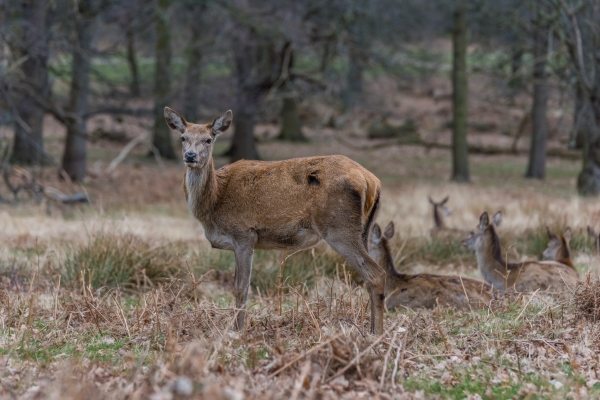
Best practice guides: the stalker’s Bible
Why are the revamped best practice guides essential reading for all deer stalkers and managers? James Sutcliffe explains.
Get information on the legal shooting season for mammals and birds in the UK.
Apply for funding for your project or make a donation today
Comprehensive information and advice from our specialist firearms team.
Everything you need to know about shotgun, rifle and airgun ammunition.
Find our up-to-date information, advice and links to government resources.
Everything you need to know on firearms law and licensing.
All the latest news and advice on general licences and how they affect you.
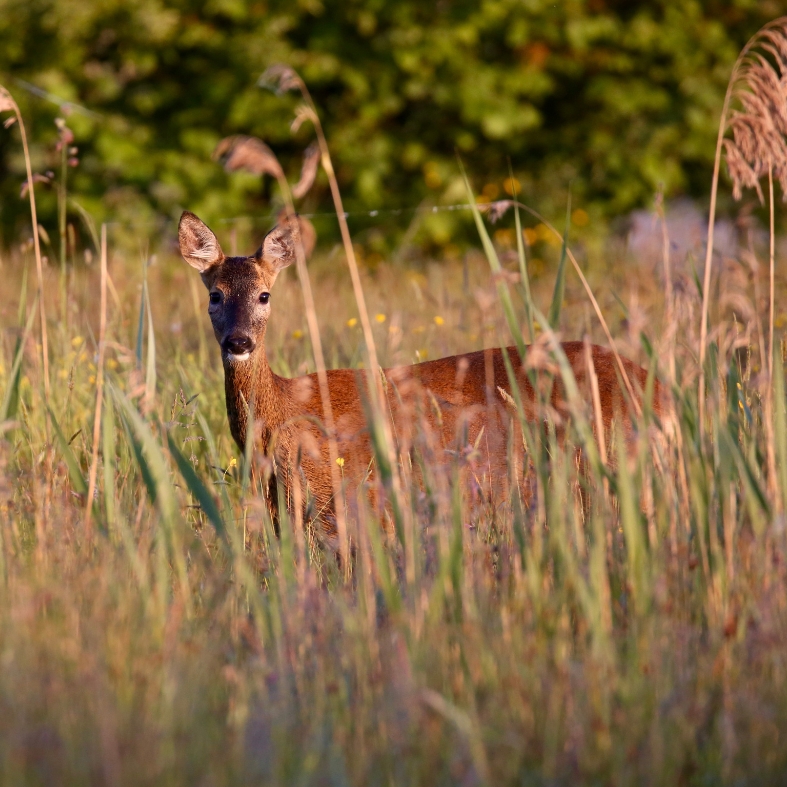

Bluetongue is a virus that affects ruminant animals. That means cows, sheep, camelids (llamas, alpacas, etc) and deer are all susceptible to becoming infected. The virus is spread by midges.
Bluetongue virus has been confirmed in several areas of Eastern England, after midges from Europe were blown over.
Those areas with active cases of the virus are subject to restrictions around the movement of live animals. The most up to date details of these zones and restrictions are available here.
Updated 19 December 2024
Following the identification of further bluetongue BTV-3 cases, the Restricted Zone (RZ) has now been extended to include additional parts of Hampshire, Wiltshire, Oxfordshire and North Yorkshire and also Bournemouth, Christchurch, Poole and part of Dorset.
The RZ now covers the following 28 counties and Unitary authorities in England:
•Bedfordshire
• Berkshire (additional part)
• Bournemouth, Christchurch and Poole
• Buckinghamshire
• Cambridgeshire
• City of Kingston upon Hull
• City of York
• Dorset (part)
• East Riding of Yorkshire
• East Sussex
• Essex
• Greater London
• Hampshire (further additional part)
• Hertfordshire
• Isle of Wight
• Kent
• Leicestershire (part)
• Lincolnshire
• Norfolk
• North Yorkshire (further additional part)
• Northamptonshire
• Nottinghamshire
• Oxfordshire (further additional part)
• Suffolk
• Surrey
• Warwickshire (part)
• West Sussex
• Wiltshire (further additional part)
Check the Bluetongue interactive map and gov.uk for more information.
As deer are capable of being infected with the virus, BASC sought immediate clarification from the Animal and Plant Health Agency as to how deer stalking, and other forms of shooting may be affected.
Read our commonly-asked questions and further advice below.
Why are we worried about bluetongue?
Bluetongue does not affect humans but has the potential to be devastating to livestock farmers due to movement and trade restrictions and potential mortality. As deer are capable of carrying the virus, it is possible for midges to spread it from them to other ruminant livestock, so vigilance when inspecting deer is vital.
Can I still shoot deer within the control zones?
Yes, there are no restrictions that would affect the culling of deer.
Can I bring the carcasses of the deer I shoot out of or into a control zone?
There are no restrictions on the movement of carcasses or other products from the deer being shot.
Are there any biosecurity measures that need to be taken when entering or leaving premises in a control zone?
No, the only restrictions are based on the movement of live animals. As the disease is spread by midges, there are no biosecurity measures to observe in the restricted zones.
What signs and symptoms do I need to look out for when inspecting deer carcasses?
There is very little information about the specific effects of bluetongue in wild animals. However, the key things to look out for include sores or ulcers in the mouth and gums, discharge from the eyes, nose and mouth and swelling of the lips, tongue head and neck. Any suspicion of bluetongue in deer must, by law, be reported to APHA (in England via the DEFRA rural helpline on 03000 200 301).
More information on the virus and its symptoms are available here.
Are other forms of shooting likely to be affected?
No, bluetongue can only affect ruminant animals, so birds and small game cannot carry the virus.
Entry to premises is still permitted, as the virus is only spread by biting midges, so there are no restrictions currently that would impact on other forms of shooting.
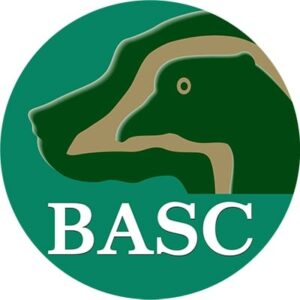

Why are the revamped best practice guides essential reading for all deer stalkers and managers? James Sutcliffe explains.
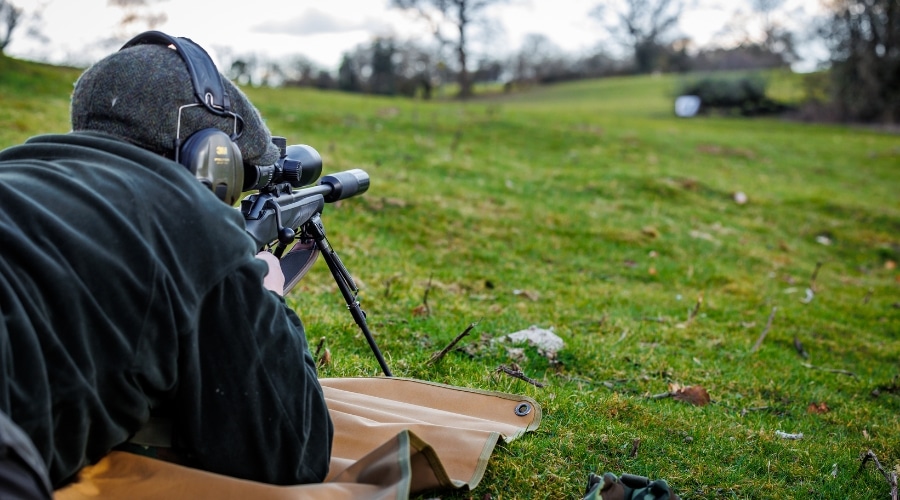
We would like to hear from you to help shape BASC’s training courses and educational provision for the future.
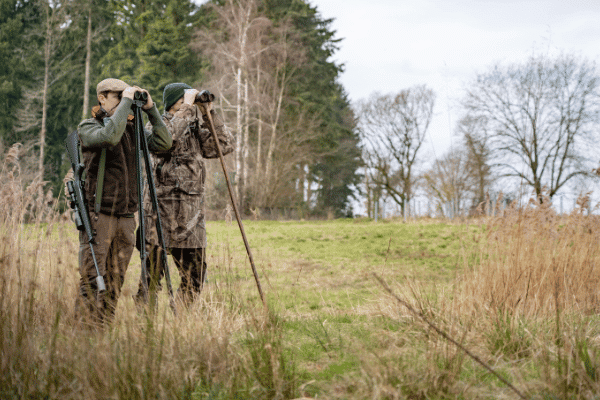
The card provides proof of identity and qualifications for BASC members and non-members, perfect for gaining shooting permissions.
Sign up to our weekly newsletter and get all the latest updates straight to your inbox.
© 2025 British Association for Shooting and Conservation. Registered Office: Marford Mill, Rossett, Wrexham, LL12 0HL – Registered Society No: 28488R. BASC is a trading name of the British Association for Shooting and Conservation Limited which is authorised and regulated by the Financial Conduct Authority (FCA) under firm reference number 311937.
BASC Direct Ltd is an Introducer Appointed Representative of Agria Pet Insurance Ltd who administer the insurance and is authorised and regulated by the Financial Conduct Authority, Financial Services Register Number 496160. Agria Pet Insurance is registered and incorporated in England and Wales with registered number 04258783. Registered office: First Floor, Blue Leanie, Walton Street, Aylesbury, Buckinghamshire, HP21 7QW. Agria insurance policies are underwritten by Agria Försäkring.
If you have any questions or complaints about your BASC membership insurance cover, please email us. More information about resolving complaints can be found on the FCA website or on the EU ODR platform.